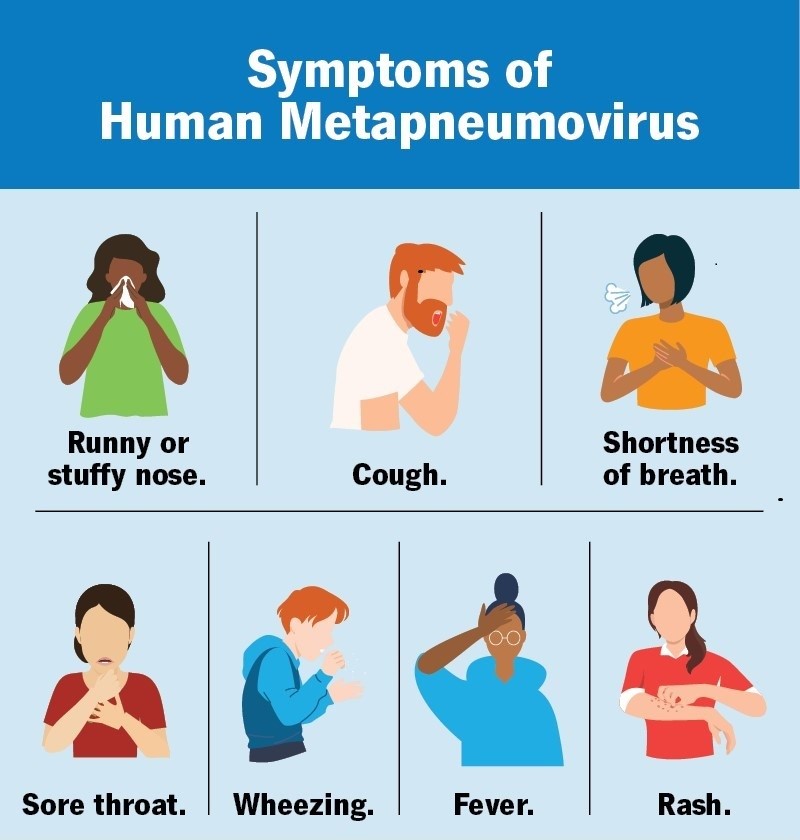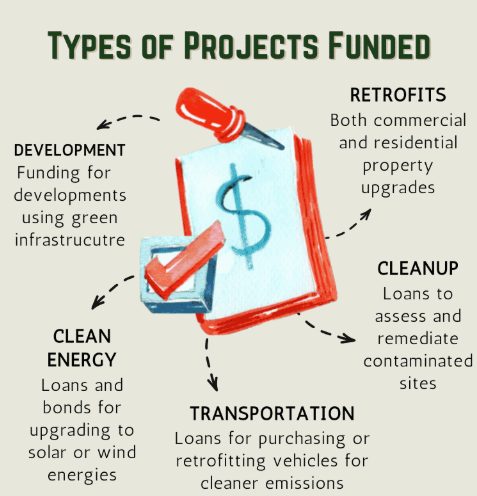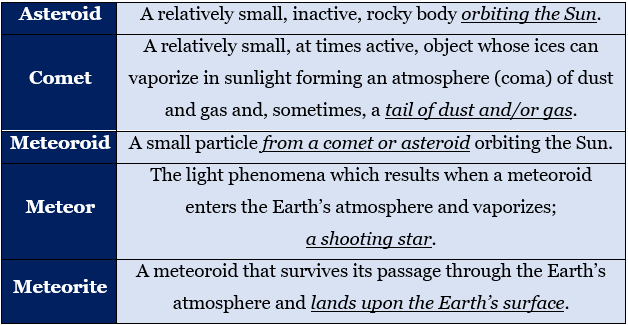Human Metapneumovirus (HMPV) Infection
Why in News?
An outbreak of Human Metapneumovirus (HMPV) in China has raised alarm globally.
- HMPV – It is a common respiratory virus that causes lower and upper respiratory infections (like a cold).
- It falls in the Pneumoviridae family along with RSV.
Pneumoviridae family includes Respiratory Syncytial Virus (RSV), measles and mumps.
- Seasonal disease – It usually occurs in the winter and early spring, similar to Respiratory Syncytial Virus (RSV) and the flu.
- Risk factors – All age groups, especially among young children under the age of 14, older adults, & people with weakened immune systems.
- Lung conditions such as Asthma or Chronic Obstructive Pulmonary Disease (COPD) should be extra cautious.
- Transmission – Through bodily secretions from coughs, sneezes
- Close contact with an infected person such as shaking hands, hugging.
- Touching a doorknob or a phone or a keyboard that may be contaminated with the virus & then touching the mouth, nose or eyes.
- Incubation period – 3 to 6 days.
- Symptoms – Cough, runny or blocked nose, sore, throat, fever and wheezing which progress to bronchitis or pneumonia.

- Treatment – There is currently no vaccine, and antiviral treatment is not recommended.
- Precautions – Wash hands often with soap and water for at least 20 seconds.
India hadn’t registered any unusual spike in winter respiratory diseases.
Reference
The Hindu| Rise of Human Metapneumovirus (HMPV) in China
Green Bank
Why in News?
Recent study by the Council on Energy, Environment and Water (CEEW) and Natural Resources Defense Council India (NRDC) highlighted the need for a green bank in India.
- Green banking – It is a new financing trend where banks shift their investment strategies to focus on sustainable technologies and environmentally-friendly initiatives.
- Primary objectives
- To protect the environment for future generations
- To minimize paperwork and concentrate on electronic transactions
- It became widely popular among banks following the Paris Climate Agreement in 2015 at Cop21 of UNFCCC.
The 29th Conference of Parties to the United Nations Framework Convention on Climate Change (COP29) ended with the assurance of $300 billion annually as climate finance. The demand of $1.3 trillion by the Global South for establishment of a 'Green Bank'.
- Green banks – It is a mission-driven institutions that use innovative financing to accelerate the transition to clean energy.
- Banks can also become green at a more local level by instituting eco-friendly lending policies.
- For example, it could be like loans for electric vehicles and home solar electric systems or company-wide policies banning investments in harmful industries such as fossil fuels.

- Green banking is essentially the promotion of environmentally friendly practices and the reduction of the banking sector’s carbon footprint.
- In India - The World Bank has recently announced a $1.5 billion funding for India in its efforts to develop energy from low carbon sources.
The State Bank of India has adopted green banking as a policy and is the 1st green bank in India, by going green and encouraging green energy projects.
References
- Down To Earth| Need for a Green Bank in India
- Aspiration| Green Banking
Quandrantid Meteor Shower
Why in News?
The world is all set to witness the 1st Quadrantid meteor shower of the year 2025.
|
Meteor shower
|
- It is a celestial event in which a number of meteors are observed to radiate, or originate, from one point in the night sky called Radiant.
- Caused by – Streams of cosmic debris called meteoroids entering Earth's atmosphere at extremely high speeds on parallel trajectories.
|
- Name Quadrantids – It comes from the obsolete constellation Quadrans Muralis, which was named in 1975 by French astronomer JJ Lalande.
- Origin – It possibly emerged from asteroid 2003 EH1.
Quadrans Muralis is located between the constellations of Bootes and Draco (near the end of the handle of the "Big Dipper").
Asteroid 2003 EH1 is believed to be a fragment of an extinct comet that broke down in 1490-91, which takes 5.52 years to orbit the Sun once.
- Observation – It was 1st seen in 1825 by Belgian astronomer Adolphe Quetelet.
- Fireball meteors – These meteors usually lack persistent trains but often produce bright fireballs.
- They are known for their larger explosions of light and color with magnitudes brighter than -3.
- It persists longer than an average meteor streak due to the fireballs which originate from larger particles of material.
- Speed – They enter the Earth's atmosphere at high speed, typically around 40km per second.
- Visibility - In its peak activity, observers can spot 60 to 120 meteors per hour and the visibility depends mainly on location and timing.
Quadrantid Meteor Shower in 2025 favour the western regions of North America during pre-dawn hours. They are likely to shine bright as Earth’s forward-facing side hits them at high speed.

References
- The Indian Express| 1st Quadrantid Meteor Shower of 2025
- NASA| Quadrantids Meteor Shower
Related News - Geminids Meteor Shower | Ursid Meteor Shower | Space Rocks
Island Development Agency (IDA) and its Initiatives
Why in News?
Recently, the Union Home Minister chaired the 7th meeting of the Island Development Agency (IDA) in New Delhi.
- IDA – It is the nodal agency created for holistic development of Islands.
- Established in – 2017, by Ministry of Home Affairs.
- Vision – To develop India’s maritime economy while preserving the natural eco-system of remote islands.
- Activities – Concept Development Plans and Detailed Master Plans are prepared for identified islands with principles of
- Sustainability, People’s participation, Eco-System preservation and Determination of carrying capacity.
7th Meeting of IDA
- It reviewed the progress of ongoing development initiatives in the Andaman and Nicobar Islands and Lakshadweep.
- It underscored the importance of advancing solar and wind energy initiatives in the Andaman and Nicobar Islands and Lakshadweep.
- It emphasized the need for a holistic approach to infrastructure projects in both island groups.
- It called on all concerned central ministries to collaborate on initiatives related to tourism, trade, and other key sectors.
- Solar energy initiatives – Under the 'PM Surya Ghar' scheme, 100% solar energy panels should be installed in all the houses in Andaman-Nicobar Islands and Lakshadweep.
- It aims to achieve 100% renewable energy through solar panels and wind mills in both islands.
References
- PIB| 7th Meeting of Island Development Agency (IDA)
- PIB| Island Development Agency (IDA)
|
One Liners 06-01-2025
|
|
Geography
|
|
Lempa River (Rio Lempa)
- Location - Lempa River, a river in Central America.
- It is a transboundary river shared by countries such as El Salvador, Guatemala and Honduras.
- It is El Salvador’s largest and only navigable one.
Cold Wave Definition
- The United Nations Office for Disaster Risk Reduction defines cold wave as a phenomenon where surface temperatures in an area fall below a certain threshold for at least 2 consecutive days.
- According to the IMD, a cold wave is declared when minimum temperatures are 10°C or lower in the plains, or 0°C or lower in the hills, sustained over three consecutive days.
|
|
Social Issues
|
|
Nari Shakti Se Jal Shakti
- Nari Shakti Se Jal Shakti, meaning women power for water empowerment.
- It is a ground-breaking effort that is leveraging women’s leadership in water conservation.
- Through Nari Shakti Se Jal Shakti, women mobilised entire communities to adopt water-saving practices, reduce wastage and protect natural water bodies.
|
|
Polity & Governance
|
|
Kerala Forest (Amendment) Bill, 2024
The Kerala government has brought in a Bill to amend the Kerala Forest Act, 1961.
- It is to prevent using the forest as a place for dumping waste materials.
- Dumping waste materials in rivers within the forest area or in water bodies flowing into forest areas are to be made offences under the proposed amendments.
- Besides, the Bill envisages giving more powers to forest officers, and also hikes manifold the fines imposed for various offences.
|
|
Economy
|
|
Steel industry in India
- The steel industry contributes around 2% to India’s GDP (gross domestic product).
- The National Steel Policy, 2017, aims to increase India’s steel production capacity from 122 million tonnes (MT) in 2015 to 300 MT by 2030.
|
|
Agriculture
|
|
Di-Ammonium Phosphate (DAP)
- DAP, the 2nd-most consumed fertiliser in India after urea, is primarily used in crops such as wheat, mustard and pulses.
- It is an important nutrient for plant growth.
- It is supported by government subsidies under the Nutrient-Based Subsidy (NBS) scheme, based on their nitrogen, phosphorus, potassium and sulphur content.
|
|
Environment
|
|
Ipsea malabarica
- It is also known as the Malabar daffodil orchid.
- It is a species of ground orchids endemic to the high altitude hills of the southern Western Ghats in India.
Bhairavapalem wetland
- It is a mudflat in the Godavari River in East Godavari, Andhra Pradesh, India.
- The wetland is a habitat for many bird species, including the endangered great knot and the vulnerable Indian skimmer.
Paradendryphiella salina
- It is a marine fungus that is commonly found growing on seaweed in the intertidal zone, with its closest non-marine relatives living on land plants.
Intergovernmental Negotiating Committee (INC5)
- Aim - To finalise the draft of a legally binding treaty on plastic pollution, addressing the issue comprehensively for the 1st time.
- Mandate - Encompassing the full lifecycle of plastics including product design and environmentally sound waste management.
- Location - It was at Busan, South Korea.
|
|
Science
|
|
IceCube Neutrino Observatory
- It can detect high-energy neutrinos from deep space but is under the frozen ice in the Antarctic rather than being in the water.
- IceCube, which has been operational since 2011 and was the 1st telescope to detect high-energy neutrinos, has been able to only spot a handful of these messengers.
|


